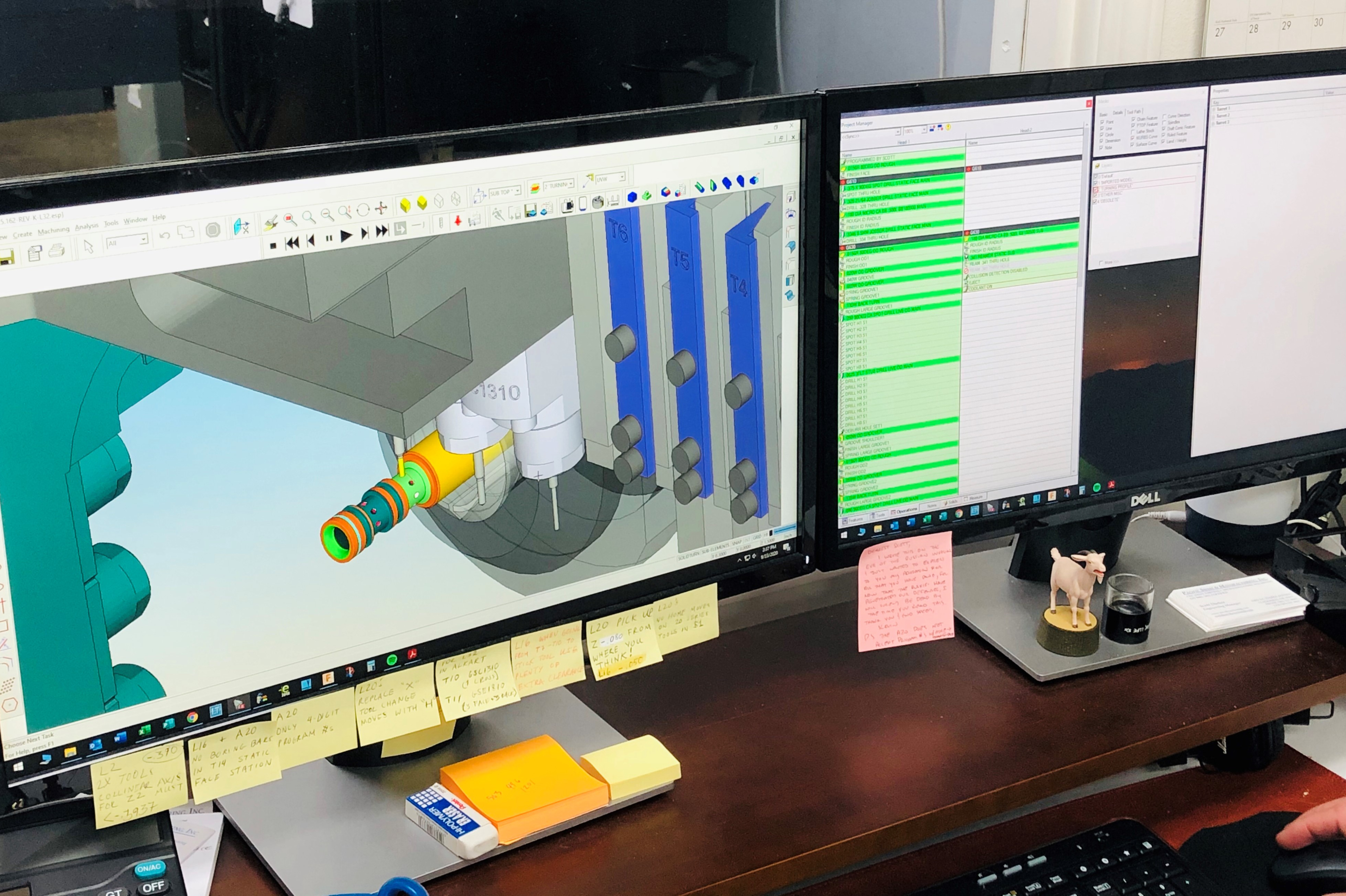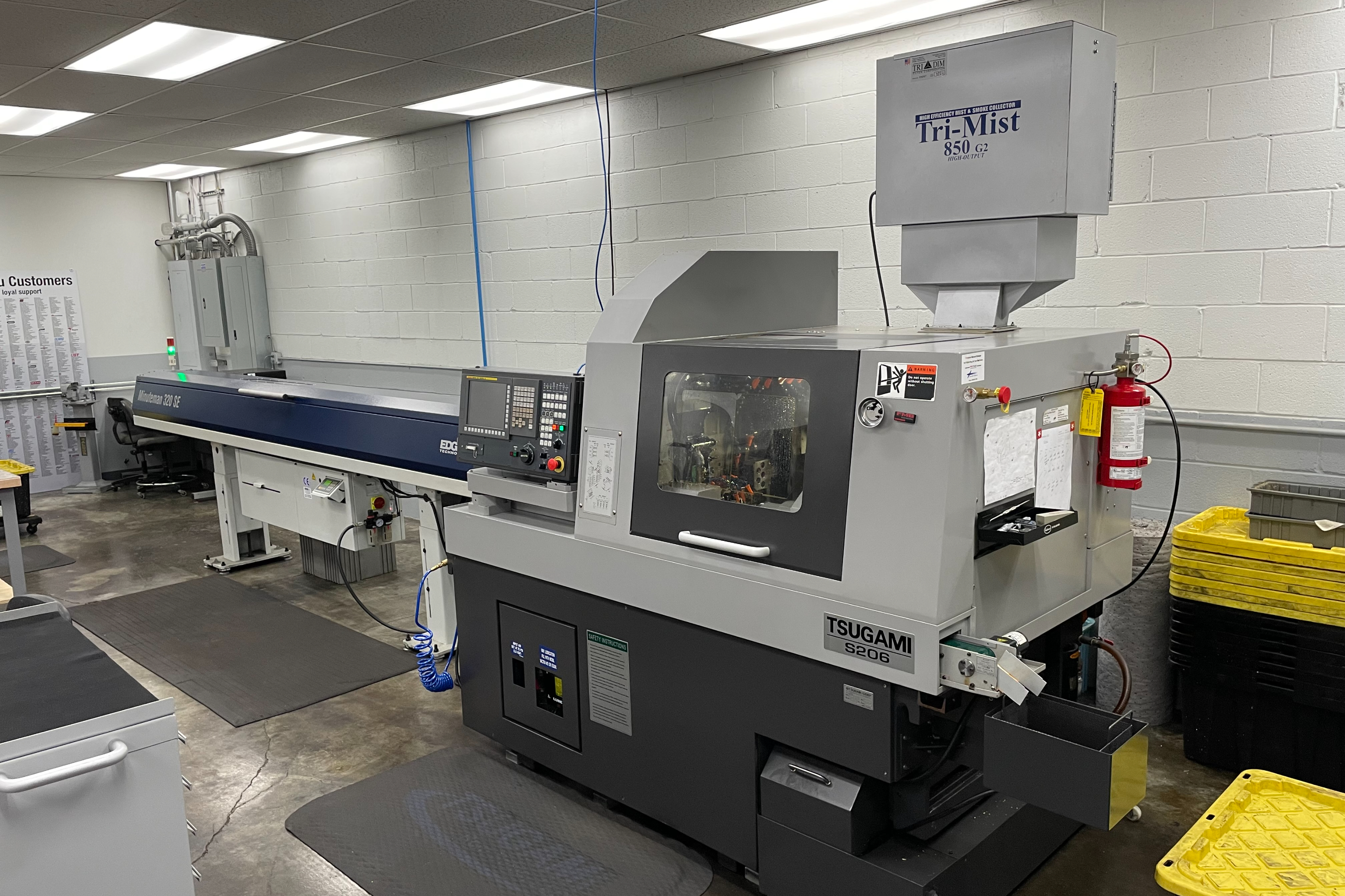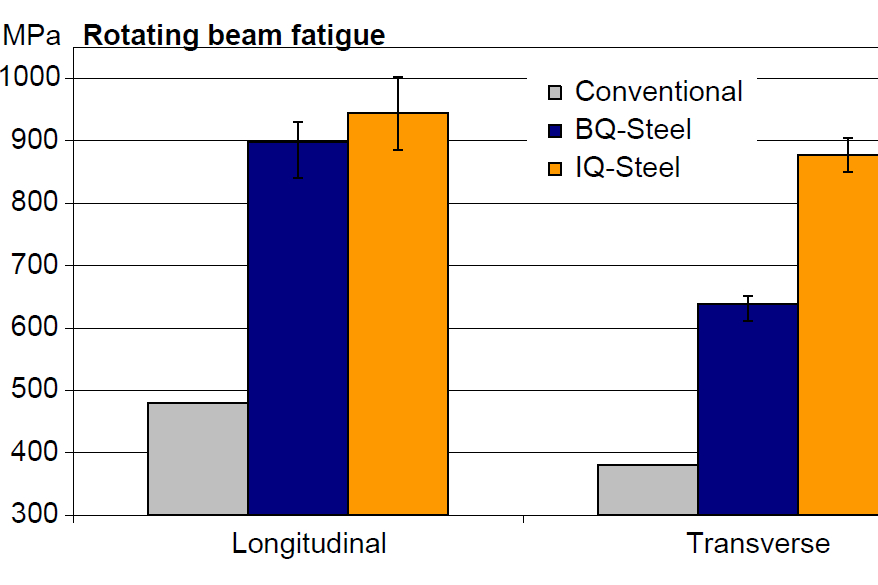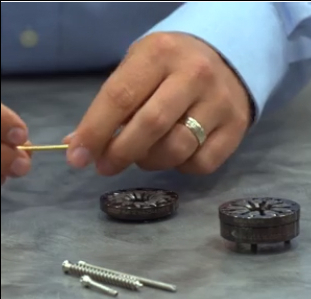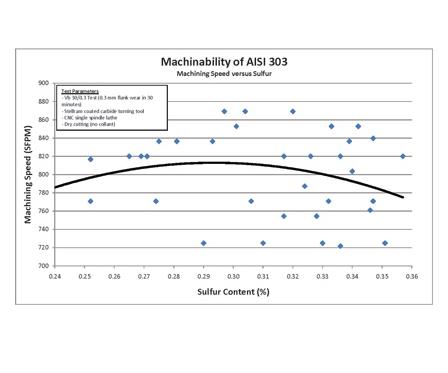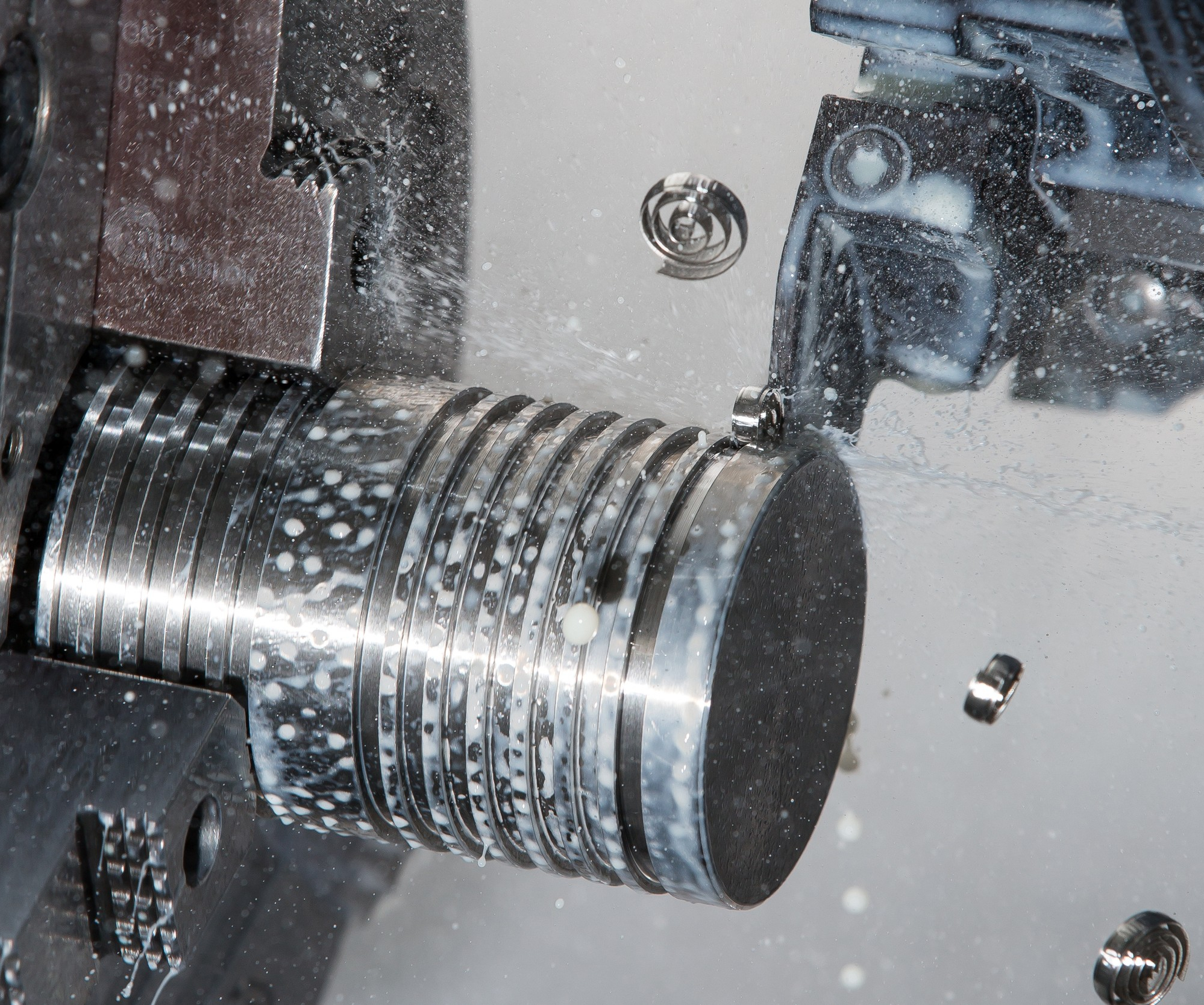The Case for Consistency
Why do manufacturers ask their employees to work within defined systems? Here's why consistency matters.
Every machine shop that advances in success and sophistication eventually has to transition from being a band of craftsmen into operating within a system of defined procedures. The tribe becomes an enterprise. The craftsmanship is still there, but now it is directed toward refining the overall system rather than just making individual parts.
At one shop I visited recently, I was privileged to be present at that transition moment—a moment in which the shop decided to pursue ISO certification. During a crew-wide lunch in which long tables were set up near the shop floor, the shop’s owner and manager overseeing the ISO efforts described the aim of the new system of procedures that would define the shop’s processes.The men described how the defined procedures could (and should) change if they proved problematic, but that following standard procedures would define the shop's culture moving forward. The ISO manager then turned to me, as one who has seen and known a lot of shops, and asked if I would comment on why consistency is important in manufacturing.
Featured Content
What a big question! But what an important question worthy of an answer. What follows is not what I said. What follows is what I would have said had I composed a concise response. The case for systemization, the case for defined procedures in manufacturing, includes the following. Why consistency? Here are the reasons:
Inconsistency Multiplies Cost
以不同方式执行相同操作的不同人会导致不同资源的需求。例如,一个机器师可以使用其他人没有的特定作业的工具。资助不同的个人喜好会产生额外费用。
不一致的错误给出错误
制造中的每一个错误都是一个超出控制参数的变量的结果。随着变量较少,无错误的制造更容易维护。从不同程序扩展的变量意味着更多可能出错。
不一致将人们变成变量
If team members A and B follow different procedures, then the choice of A or B has an impact on the success of the job. Production shouldn’t be personal.
Inconsistency Makes the Shop a Black Box
Problems have to be diagnosed, with the diagnosis sometimes running upstream through the supply chain. The cause of a poor outcome in a part or assembly can be discovered if every step leading to the outcome is known. If the machine shop has variable procedures, then the path of diagnosis ends at its door. The more critical the part, the more concerning this is.
不一致的云云改进方式
The shop that knows its procedures knows what procedures are underperforming and therefore can see precisely what to fix to make its next advance.
Inconsistency Impedes Training
If the way you work is by personal art, then I may or may not be able to learn it. But if the way you work is according to defined steps, I can follow and learn those steps.
What would you add? What benefits has systemization brought to your shop? I'd like to revisit this topic by quoting others on their answer to this same big question. Why consistency?Email me.
相关内容
The Pursuit of Perfection
“追求完美”是如何精确定义其使命,而这种崇高的词语制造不错的副本,所有需要做的是访问这一合同制造商,体验公司对技术,人员和工艺的认真对待这一合同不仅仅是抽象的目标。
Gaging Is Baseless Without Standards
Applying gaging standards consistently is the key to quality parts and products.
瑞士店的下一代
The shallow talent pool of available skilled machinists can be an even bigger obstacle to the shop that is rapidly growing. Perhaps the best solution is to attack the problem from within.




.jpg;width=70;height=70;mode=crop)




